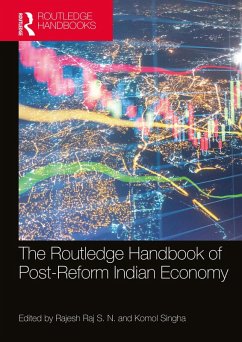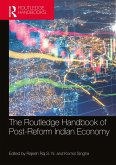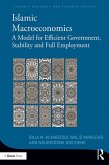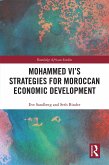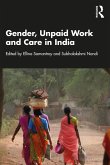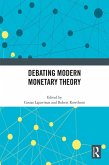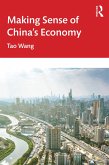It studies the broad range of changes that were introduced in the reforms era, assessing their impact on sectors like manufacturing, agriculture, banking and finance, among others. It also assesses the performance of these sectors amid globalization and the socio-economic shifts in the country. The volume evaluates the contribution of the reforms to social transformation, social inclusion, sustainability and human development, and deliberates on the gains, blind spots and limitations. With contributions from scholars across the country, case studies and comparative analyses that draw on data analysis, econometric evidence and historical sensibility, this is an authoritative volume on the reforms of the 1990s and their impact on the Indian economy and people.
Topical and the first of its kind, the book will be a useful resource for scholars and researchers of economics, development studies, political economy, management studies, public policy and political studies.
Dieser Download kann aus rechtlichen Gründen nur mit Rechnungsadresse in A, B, BG, CY, CZ, D, DK, EW, E, FIN, F, GR, HR, H, IRL, I, LT, L, LR, M, NL, PL, P, R, S, SLO, SK ausgeliefert werden.
Kunal Sen, Director, UNU-WIDER and Professor of Development Economics, University of Manchester
'Rajesh Raj S.N. and Komol Singha have put together a must-read handbook for understanding the ongoing economic policy changes and their complex consequences that India has undertaken over the last thirty years. Integrating 27 original articles by 37 authors, it covers the broad and particular across the spectrum of the Indian economy. Essential reading for all those who are interested in India's economic and social development since 1991.'
Ira Gang, Professor of Economics, Department of Economics, Rutgers University, USA

